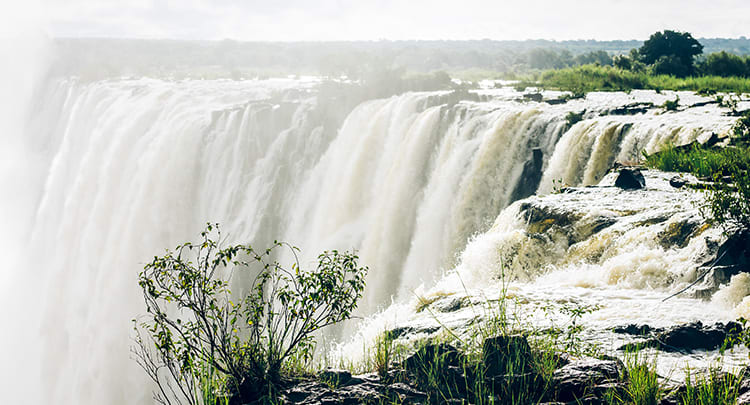
Sri Lanka's Abundant Spices
People from around the world have been flocking to Sri Lanka for centuries for its spices. Known as the Spice Island, it was once a vital stop on trade routes, with the tropical island revered for its seemingly endless selection of seasonings. The country’s diverse microclimates and soil types allow a wide variety of spices to flourish, some of which once originated in Sri Lanka.
Today, the spice tradition remains strong at Anantara Kalutara Resort. Not only have the chefs crafted a flavourful menu with a strong foundation in Sri Lanka’s traditional cuisine, but they also have a passion for sharing the knowledge of the perfect spice blend with the resort’s guests. Embarking on a Spice Spoons culinary journey, you can visit the local markets to see where produce is sourced, experience the glorious smells and brilliant colours of a Sri Lankan spice trader, and learn how easy it is to cook a delicious curry yourself.
Learning about the range of spices used in Sri Lankan cuisine, there are so many different ways to use them, and balancing the intense flavours is imperative to creating an irresistible dish. For meat and poultry, spices are roasted and ground to give more strength and taste to the curries. The spices with vegetable and seafood dishes should be more subtle, so as not to overwhelm their delicate natural flavours. Yet their uses aren’t just limited to cooking. People in Sri Lanka would use cinnamon in medicine and perfume. Tumeric is also used as an antiseptic, while cloves are known to be used in the treatment of toothaches.
With a history dating back to the 14th century, Sri Lanka’s spice trail is one of incomparable aroma and quality. To taste these fresh, vibrant flavours first-hand is to be a part of this history: an age-old tradition which is entwined in the country’s culture, providing a rare opportunity to sample an extraordinary cuisine.
Curated for You
You Might Also Like
.jpg)




